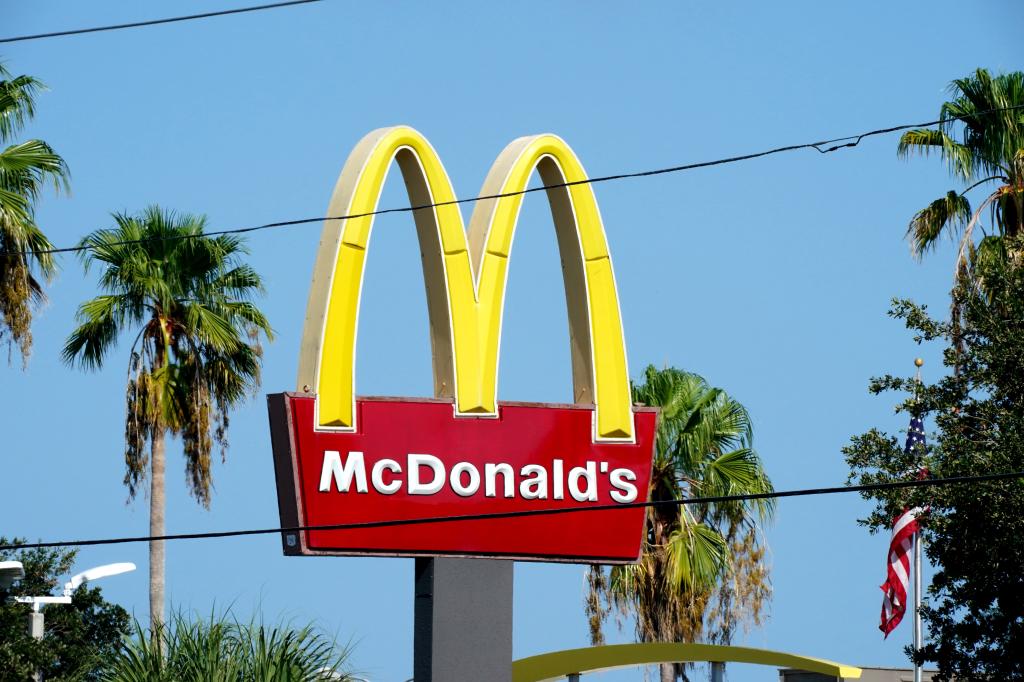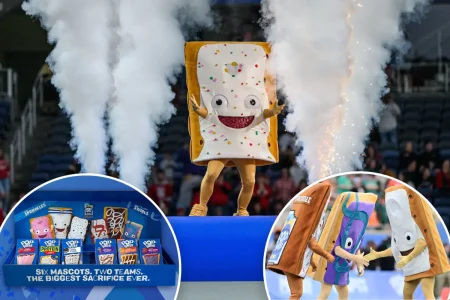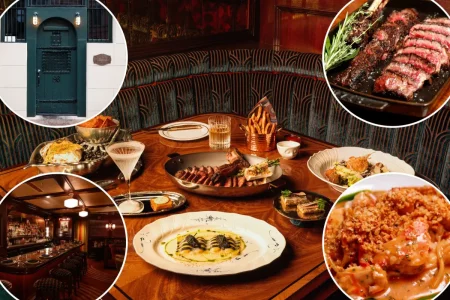The allure of fast food transcends culinary expertise, captivating even the palates of seasoned chefs accustomed to crafting sophisticated dishes. McDonald’s, a ubiquitous presence in American life, exerts a particular magnetism, its breakfast offerings proving especially irresistible. A recent survey of culinary professionals unveiled a surprising fondness for the Egg McMuffin, a classic sandwich that evokes nostalgia and provides a quick, satisfying start to the day. Brian Cartenuto, chef/owner of Bird Dog in New York City, appreciates the Egg McMuffin’s simplicity and reliability, describing it as a “safe place” and a “special treat.” For others, like Ben Robinson, executive pastry chef at Echelon Kitchen & Bar in Michigan, McDonald’s breakfast sandwiches hold a deeper sentimental value, conjuring memories of high school rituals and post-celebration recovery meals. This affection demonstrates that even those immersed in haute cuisine can appreciate the unpretentious appeal of a fast-food breakfast.
The Egg McMuffin’s popularity extends beyond mere convenience, with some chefs incorporating their own culinary flair into the classic sandwich. Sophina Uong, chef/co-owner at Mister Mao in New Orleans, transforms her Egg McMuffin by adding a hashbrown patty, creating her personal “number one airport hangover cure.” This customization underscores the adaptability of the Egg McMuffin, allowing for personalized enhancements that cater to individual tastes. McDonald’s other breakfast offerings also find favor among culinary professionals. Jeff Chanchaleune, of Oklahoma City’s Ma Der Lao Kitchen, professes a particular fondness for the bacon, egg, and cheese biscuit, ranking it above the chain’s burgers and chicken sandwiches. He cites its savory, buttery flavor profile and its nostalgic associations as key reasons for his preference, demonstrating that even within the realm of fast food, certain items resonate more deeply with individual palates.
The appeal of the Egg McMuffin resonates not only with chefs but also with health professionals, further solidifying its status as a well-rounded breakfast option. Registered dietitian Kelsey Kunik praises the Egg McMuffin for its nutritional value, highlighting its relatively low sodium content, significant protein content, and presence of dietary fiber. This endorsement, coupled with the chefs’ testimonials, positions the Egg McMuffin as a surprisingly healthful and satisfying choice amidst the often-criticized landscape of fast food. This combination of taste, convenience, and nutritional balance contributes to the Egg McMuffin’s enduring appeal across diverse demographics.
The appreciation for fast food among chefs highlights the universality of comfort food cravings and the occasional desire for uncomplicated pleasures. While their professional lives revolve around intricate culinary creations, these chefs demonstrate that they are not immune to the simple satisfaction of a quick, familiar meal. Their candid admissions challenge the notion of culinary elitism, revealing a shared human experience that transcends professional boundaries. This shared enjoyment of fast food underscores the idea that food, regardless of its sophistication, can serve as a source of comfort and nostalgia, connecting individuals across varying levels of culinary expertise.
The anecdote of the health-conscious influencer who dismissed her personal trainer for indulging in a McDonald’s hamburger presents a contrasting perspective on the perception of fast food. While the chefs’ endorsements highlight the acceptable indulgence in fast food, the influencer’s reaction reflects a stricter adherence to dietary principles. This incident underscores the varying attitudes towards fast food consumption and the potential conflicts that can arise when personal beliefs clash with professional expectations. It also raises questions about the validity of judging an individual’s professional credibility based on their personal food choices, suggesting a potential disconnect between perceived health expertise and real-world dietary practices.
The varied perspectives on fast food consumption, ranging from enthusiastic embrace to outright rejection, reveal the complex relationship individuals have with this readily available food source. While chefs demonstrate that appreciation for fast food can coexist with culinary sophistication, the influencer’s reaction highlights the potential for judgment and conflict based on dietary choices. This spectrum of opinions underscores the subjective nature of food preferences and the importance of respecting individual choices without imposing rigid dietary doctrines. Ultimately, the decision of whether or not to indulge in fast food remains a personal one, influenced by individual tastes, lifestyle choices, and cultural contexts.














